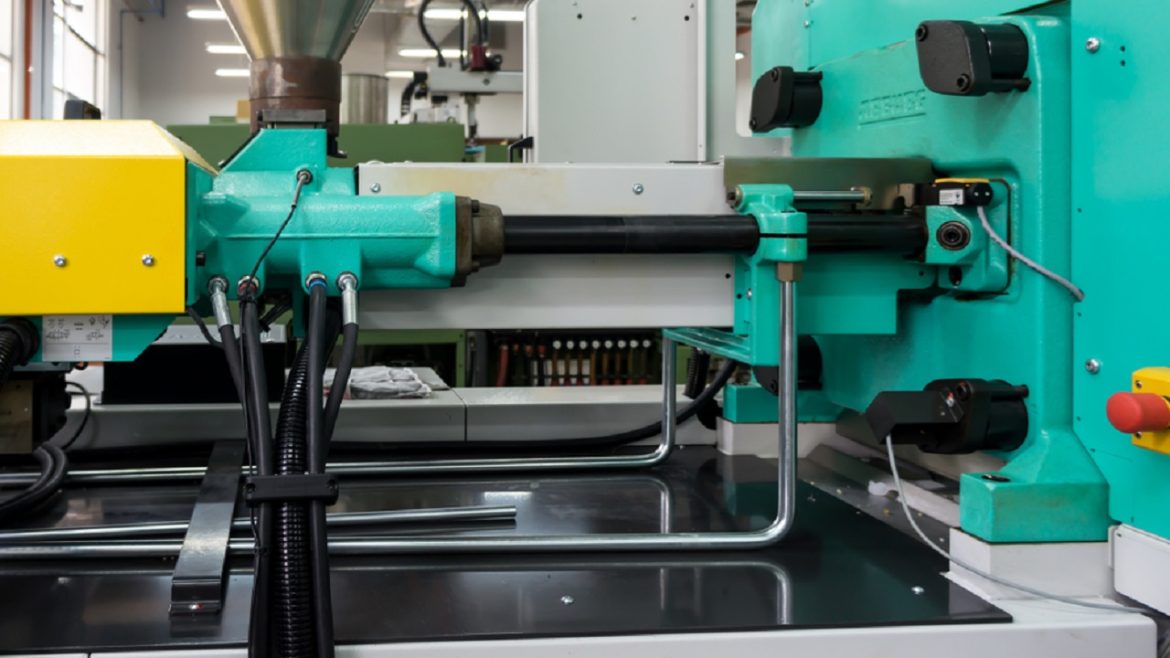Injection molding is a versatile manufacturing process that has revolutionized the production of plastic parts and products. It’s used in a wide range of industries, from automotive to healthcare, electronics to consumer goods. However, achieving consistent quality in injection molding can be a challenging endeavor. That’s where quality control comes into play. In this article, we’ll delve into the significance of quality control in injection molding and explore how it can make or break the success of a manufacturing operation. To learn more about quality control in injection molding and explore cutting-edge solutions, visit https://www.kemalmfg.com/.
Ensuring Precise and Reliable Production
The link between quality control and injection molding cannot be overstated. Precision and consistency are paramount in this manufacturing process, and even the slightest deviation can lead to defects and production inefficiencies. By employing rigorous quality control measures, manufacturers can identify and rectify issues before they escalate, ensuring that every molded part meets the desired specifications.
Minimizing Material Waste
Quality control plays a crucial role in minimizing material waste during injection molding. When molds are not properly maintained or calibrated, there is a higher likelihood of defects, leading to the scrapping of imperfect parts. This not only increases production costs but also has a negative environmental impact due to the disposal of excess materials. Implementing effective quality control practices can significantly reduce material waste, making the manufacturing process more sustainable.
Optimizing Production Efficiency
Efficiency is a key concern in any manufacturing operation, and injection molding is no exception. Quality control measures help identify bottlenecks, defects, and inconsistencies in the production process. By addressing these issues promptly, manufacturers can optimize their operations, reduce downtime, and increase overall efficiency. This leads to faster production cycles and lower production costs, benefiting both the manufacturer and the end consumer.
Enhancing Product Reliability
Injection molded parts are used in countless applications, many of which require a high degree of reliability. Whether it’s medical devices, automotive components, or consumer electronics, product failures can have serious consequences. Quality control ensures that each part meets the required standards for strength, durability, and performance. This, in turn, enhances the reliability of the final products, instilling confidence in customers and end-users.
Meeting Regulatory Requirements
In various industries, there are strict regulatory standards that must be adhered to. Failure to meet these standards can result in legal and financial repercussions. Quality control is instrumental in ensuring that injection molding processes comply with these regulations. It helps manufacturers consistently produce parts that meet the necessary safety and quality standards, reducing the risk of non-compliance issues.
Maintaining Brand Reputation
A company’s reputation is built on the quality of its products. Consistently delivering high-quality injection-molded parts not only satisfies customers but also builds a strong brand reputation. Word-of-mouth recommendations and repeat business are often a result of quality products. Conversely, a single quality issue can tarnish a brand’s image and lead to loss of customers and market share.
Continuous Improvement
Quality control is not a one-time effort but an ongoing process of improvement. Manufacturers must regularly evaluate their processes, make necessary adjustments, and invest in training and technology to stay competitive. A commitment to quality control fosters a culture of continuous improvement, driving innovation and ensuring long-term success in the injection molding industry.
Conclusion
In conclusion, the link between quality control and injection molding is vital for the success of any manufacturing operation. By implementing rigorous quality control measures, manufacturers can achieve precise, efficient, and reliable production while meeting regulatory requirements and enhancing their brand reputation. Quality control is not just a cost-saving measure; it’s an investment in the future of manufacturing.
